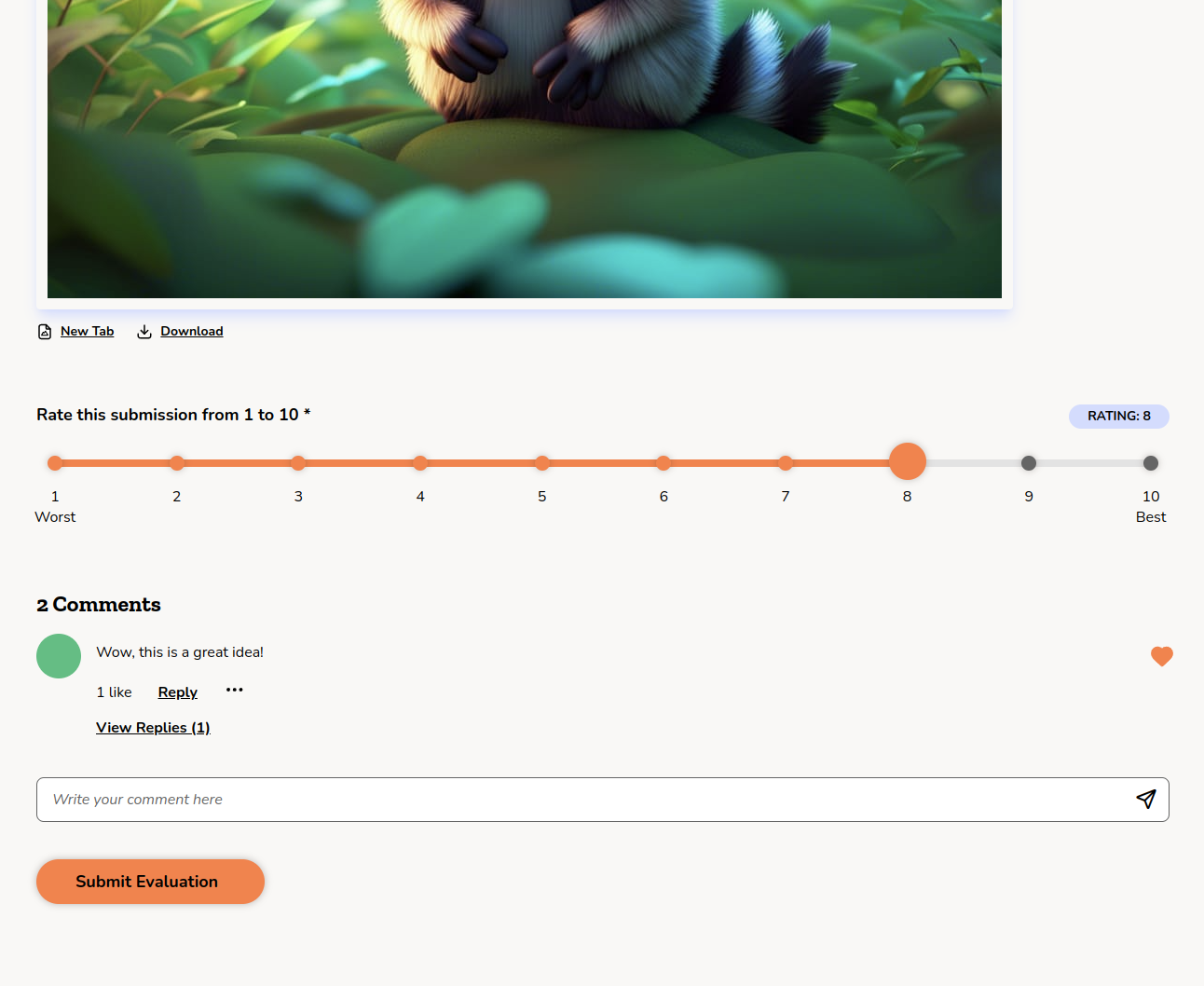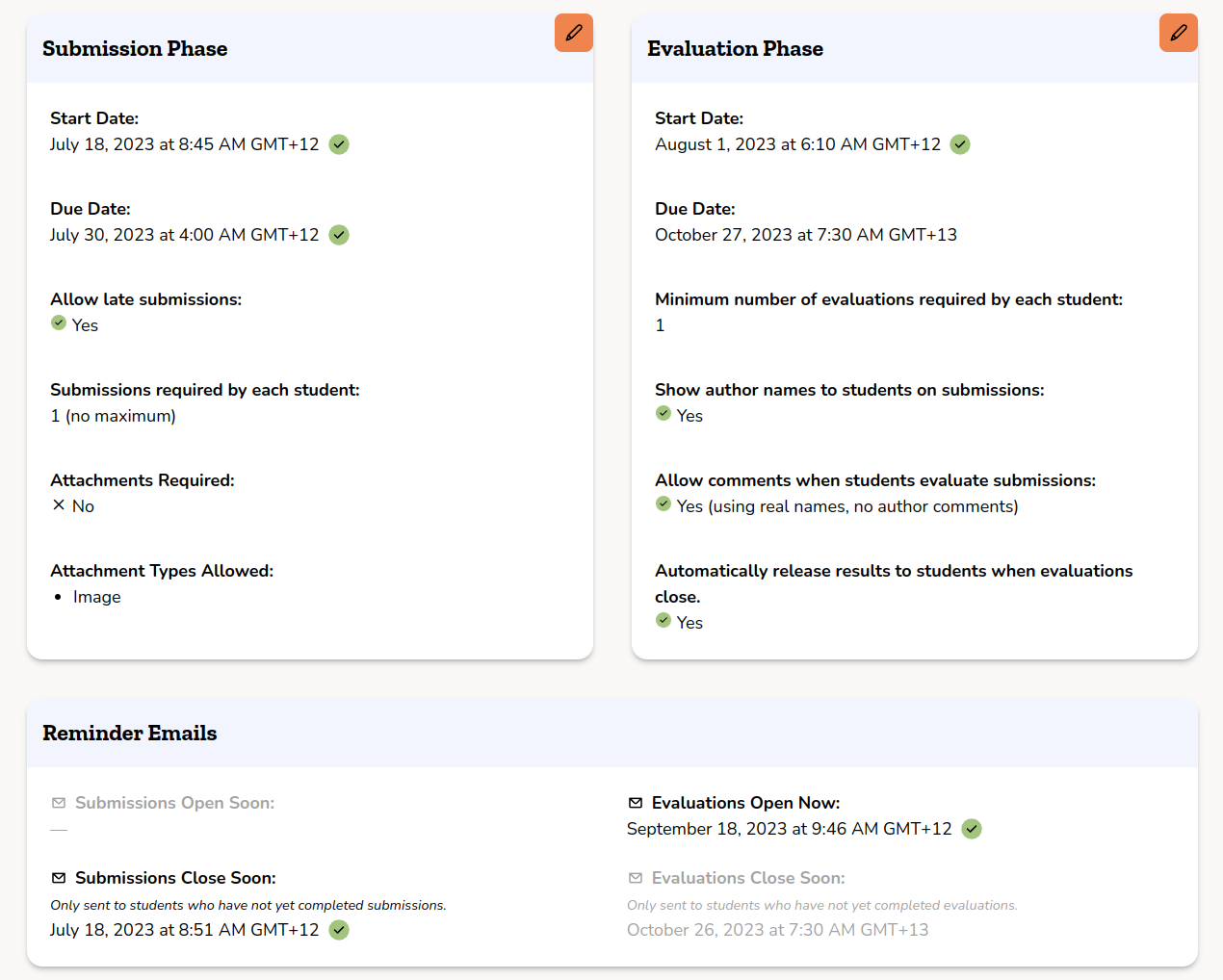The University of Pennsylvania’s Wharton School is one of the most renowned business programs in the country. It’s Alfred West Jr. Learning Lab (WLL) acts as the leading edge of the school’s groundbreaking legacy by developing digital platforms to enhance modern business education. With one of its older tools, the school looked to apply what it learned from its initial version and make a significant leap forward.
Launched in 2006, WLL’s Darwinator tool allows instructors to organize “Innovation Tournaments.” In a process reminiscent of “Shark Tank,” students used the Darwinator to pitch business ideas. Their peers then review these proposals and rank their responses with results compiled by facilitators. WLL engaged with a design company to create an updated frontend experience for version two of the tool, called Idea Spark.
WLL needed a web application and backend development to power Idea Spark with the functionality to support the next generation of business education. That’s where we came in.
“Lincoln Loop is a fantastic partner, the quality of their work and the management of projects from idea to delivery gives me confidence that no matter what we work on, it will end in a successful outcome.”
– Joe Lee, IT Technical Director of the Alfred West Jr. Learning Lab at the Wharton School.
Pairing React and Django to Integrate Design and Functionality
Wharton had already planned the overall design of the tool, including multiple pages and the overall navigation. However, the individual components still needed some work. Though the tool’s visuals were set, the prototype required significant adjustment to work with a production API.
The frontend design for Idea Spark was built from individual React components, which provided us with a great framework. React allowed us to isolate areas of the page as individual tables, buttons, and page layouts. We reused these patterns, which saved a wealth of time by eliminating back-and-forth about design decisions for the project.

Our full-stack development expertise enabled us to work across the entire platform. We dove in, took Wharton’s existing code, and reworked it to create the right functionality. We also delivered a Django-based API for the backend of the tool and implemented it to the existing design. From there, all the elements Idea Spark needed to work at the level Wharton needed fell into place.
A Richer, More Interactive Experience for Students and Educators
Darwinator provided students with a form to submit proposals, but facilitators struggled to gain enough feedback. With Idea Spark, they can see a breakdown of how students voted on each project as well as standard deviation and all the averages. We also added the ability to export results as raw CSV files allowing facilitators to create reports on the results. Then, they can choose how much information to release to the students after sessions close.
Administrators can configure Idea Spark on the fly and shift how it compiles data to serve their needs. Wharton Interactive serves both university students and corporate clients, which demands flexibility in the operation of their tools. Each new session is also customizable to accept video, audio, or images from students to support their submissions. Then students can seamlessly evaluate these materials and record responses in the tool’s modernized frontend experience.

Plus, we ensured students no longer need a separate account to access the tool. We integrated Idea Spark with Wharton’s Canvas learning management system with single sign-on through LTI, the standard for education apps. The platform recently launched, but its seamless, more flexible experience offers a wealth of possibilities for Wharton to expand on its forward-thinking approach to business education.



